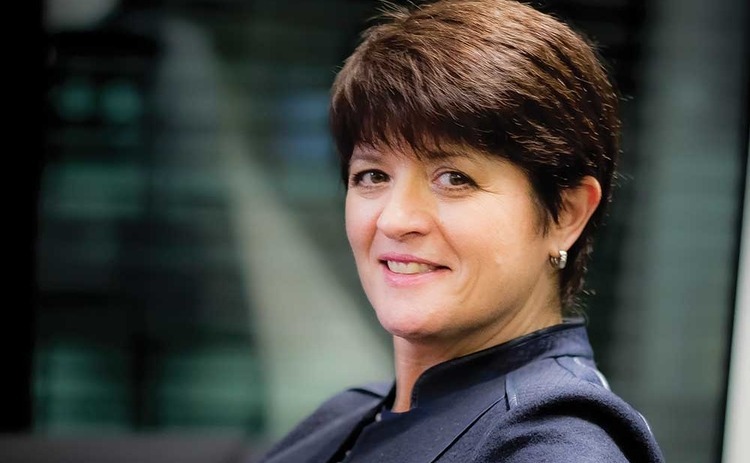Speaking in a new report from the global re/insurance broker, Page explained how, because of the pandemic, we have embraced digitalisation in a way that most of us would never have thought possible 18 months ago.
Furthermore, insurtechs have capitalised on this newly whetted appetite for digital disruption with phenomenal success and are increasingly offering innovative solutions that will fundamentally alter aspects of the re/insurance industry.
“It is incredibly telling that, despite a turbulent year, in 2020 total global insurtech investment reached an all-time high of $7.1 billion, representing a 12% increase compared to 2019.34 Insurtech innovation is fundamental for the future of the UK and global insurance industry, both in terms of addressing new and emerging risks and in embedding digitalisation and innovative ways of working into our operating models,” Page said.
“It is incumbent on all of us to embrace this technology as an enabler of positive long-term change within the sector.”
Page considers data to be a vital component to this, and that by combining centuries of scientific and industry expertise with the enormous volume of data accessible to the industry, firms can ascribe probabilities and model severity of almost all new forms of risk.
“Looking to the future, the increasing data literacy of our industry will become ever more important,” she continued.
“Insurance firms and experts need to look beyond their past practices and learn more about climate sensitivity, multi-model ensembles and the implications of a multitude of global socio- economic scenarios.
“We also need to embrace artificial intelligence and automation in order to improve the productivity of our collective workforce – over the past two years Aon has automated about 700,000 hours of work so that colleagues can take on other, higher-value tasks.”
Source: Reinsurance News









